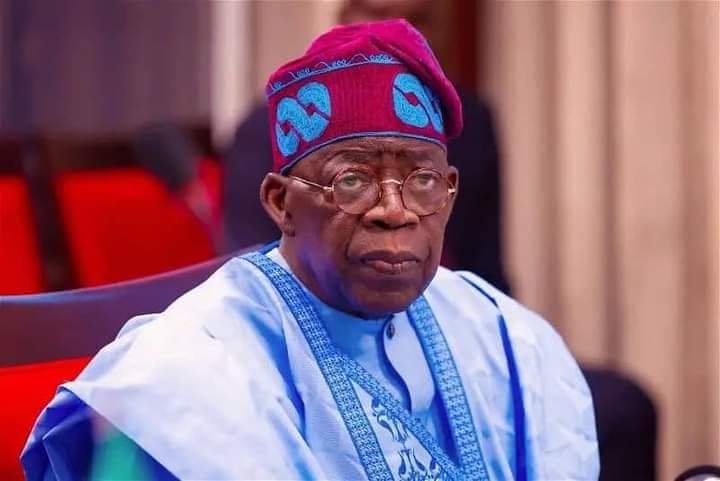President Bola Tinubu, the Chairperson of the Economic Community of West African States (ECOWAS), delivered a compelling address on Thursday, emphasizing the importance of prioritizing diplomacy in finding a resolution to the crisis in the Republic of Niger.

Speaking at the second ECOWAS extraordinary summit on the socio-political situation in Niger, held in Abuja, President Tinubu underscored the significance of diplomatic negotiations and dialogue as the foundation of the bloc’s approach to the ongoing crisis.
The summit marked a continuation of the discussions initiated during the first session on July 30, which was presided over by President Tinubu. During the first meeting, ECOWAS reached a resolution to impose a series of sanctions on Niger following a recent coup.
These sanctions encompassed measures such as the closure of land and air borders between member countries and Niger, the freezing of financial transactions with institutions in Niger, travel bans, and asset freezes on military officials involved in the coup.
Furthermore, ECOWAS extended these sanctions to include family members of military officials and civilians who supported the junta’s actions. The bloc made it clear that if President Bazoum was not reinstated within a week from the first summit, it would consider all necessary measures, including the potential use of force, to restore constitutional order in Niger.
Despite ECOWAS’s stance, the junta in Niger defiantly rejected the bloc’s demands. Speaking at a public gathering on the day the deadline lapsed, Mohamed Toumba, one of the coup leaders, accused undisclosed entities of plotting subversion against Niger’s progress. He affirmed that the junta would not yield to the demands put forth by ECOWAS.
Ajuri Ngelale, the spokesperson for President Tinubu, acknowledged that the option of military intervention remained a possibility. However, this notion has garnered mixed reactions from various countries and stakeholders, casting doubt on the bloc’s potential course of action.
Addressing the second summit, President Tinubu urged a comprehensive assessment of the effectiveness of ECOWAS’s interventions and identification of potential challenges hindering progress. He emphasized the paramount importance of diplomatic negotiations and dialogue in the pursuit of a swift resolution to the crisis.
“In reaffirming our relentless commitment to democracy, human rights, and the well-being of the people of Niger, it is crucial that we prioritize diplomatic negotiations and dialogue as the bedrock of our approach,” President Tinubu stated.
“We must engage all parties involved, including the coup leaders, in earnest discussions to convince them to relinquish power and reinstate President Bazoum. It is our duty to exhaust all avenues of engagement to ensure a swift return to constitutional governance in Niger.”
Highlighting the regional implications of the political turmoil in Niger, President Tinubu cautioned that the crisis threatened not only the nation’s stability but also the broader West African region’s stability.
“By remaining steadfast in our adherence to the principles of democracy, good governance, and the rule of law, we can restore peace, stability, and prosperity in the Republic of Niger, thereby fostering an environment conducive to growth and development for all,” President Tinubu concluded.
The ongoing crisis in Niger continues to draw attention from regional and international stakeholders, as the ECOWAS bloc navigates the challenging path towards a resolution that balances diplomacy, stability, and the rule of law.





Comments are closed.